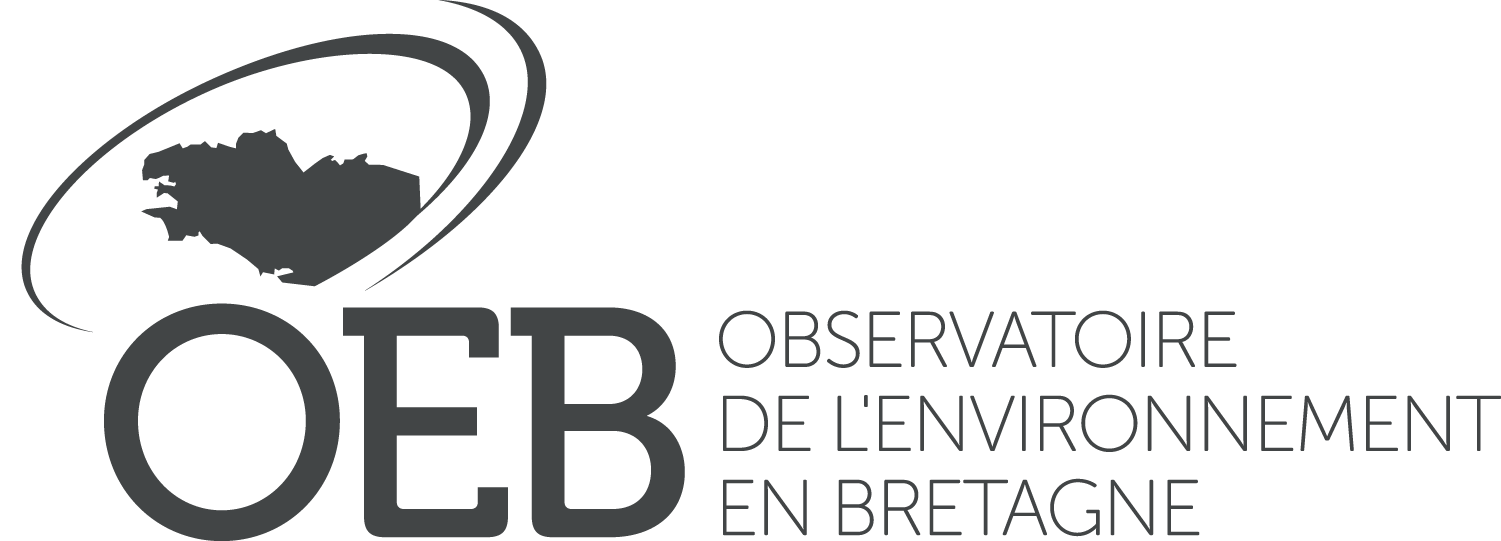For groundwater issues (potential leakages in waste repository, aquifer management ...), the development of modeling techniques is far ahead of the actual knowledge of aquifers. This raises two fundamental issues: 1) which and how much data are necessary to make predictions accurate enough for aquifer management issues; 2) which models remain relevant to describe the heterogeneity and complexity of geological systems. The French observatory H+ was created in 2002 with the twofold motivation of acquiring a large database for validating models of heterogeneous aquifers, and of surveying groundwater quality evolution in the context of environmental changes. H+ is a network of 4 sites (Ploemeur, Brittany, France; HES Poitiers, France; Cadarache, France; Campos, Mallorca, Spain) with different geological, climatic, and economic contexts. All of them are characterized by a highly heterogeneous structure (fractured crystalline basement for Ploemeur, karstified and fractured limestone for Poitiers, Cadarache and Mallorca), which is far to be taken into account by basic models. Ploemeur is exploited as a tap-water plant for a medium-size coastal city (15,000 inhabitants) for 20 years. Each site is developed for long term investigation and monitoring. They involves a dense network of boreholes, detailed geological and geophysical surveys, periodic campaigns and/or permanent measurements of groundwater flow, water chemistry, geophysical signals (including ground motions), climatic parameter, etc. Several large-scale flow experiments are scheduled per year to investigate the aquifer structure with combined geophysical, hydrogeological, and geochemical instruments. All this information is recorded in a database that has been developed to improve the sustainability and quality of data, and to be used as a collaborative tool for both site researchers and modelers. This project lasts now for 5 years. It is a short time to collect the amount of information necessary to apprehend the complexity of aquifers; but it is already enough to obtain a few important scientific results about the very nature of the flow heterogeneity, the origin and residence time of water elements, the kinetic of geochemical processes, etc. We have also developed new methods to investigate aquifers (in-situ flow measurements, flow experiment designs, groundwater dating, versatile in-situ probes, etc.). This experience aiming at building up long term knowledge appears extremely useful to address critical issues related to groundwater aquifers: the structure and occurrence of productive aquifer in crystalline basement, the assessment of aquifer protection area in the context of highly heterogeneous flow, the biochemical reactivity processes, the long term evolution of both water quantity and quality in the context of significant environmental changes, for instance.
The French network of hydrogeological sites H+
Mise à jour :
20 janvier 2008
aquifère
Type de document
Actes
Auteurs personnes
DAVY Philippe
Le Borgne, Tanguy
BOUR, Olivier
Gautier, S.
Porel, Gille
Bodin, Jacque
De Dreuzy, Jean-Raynald
Pezard, P.A.
Éditeur
s. n.
Date de parution
20 janvier 2008
Langue
Anglais
